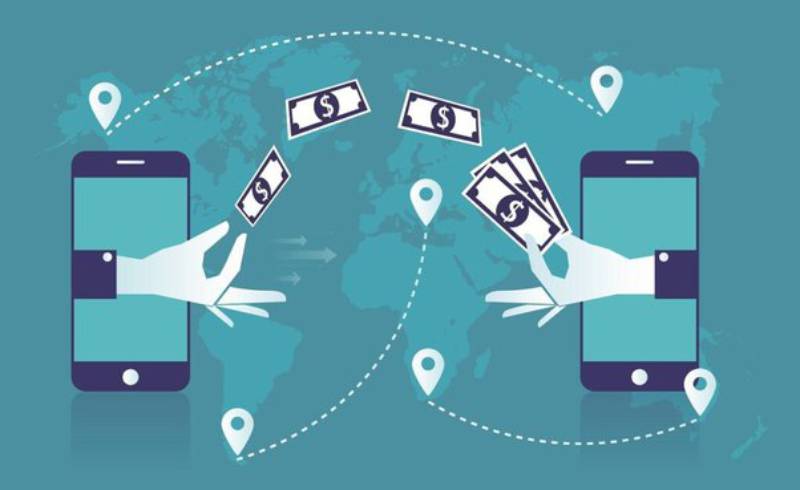How to Protect Money From Transferring Online

If you are considering sending money online, there are several things you should know about how to protect your funds. For example, avoid using e-payment methods, such as PayPal or Venmo, or connecting to a Wi-Fi network that is not secure. Also, be wary of money transfer scams, such as COVID-19 restrictions.
Avoid unsecured Wi-Fi connections
It would help if you always used a secure Wi-Fi connection when transacting online. Unsecured bonds put your information at risk, including your bank account number. However, there are ways to keep your private information safe, even using an unsecured Wi-Fi network.
The best way to protect yourself when using unsecured Wi-Fi is to use a Ria Money Transfer. A VPN will hide your IP address from hackers, preventing them from tracking your activities. You’ll need to download a free software application to use a VPN.
Many web browsers alert users when they are visiting malicious websites. In addition, some web browsers tell you the most appropriate security measure to take, such as using WPA2 encryption or a more secure option.
Another security measure you should consider is mobile data. You should always avoid sharing personal information with apps that do not use encryption.
Another good idea is to use a reputable password manager. This is especially important if you are using public Wi-Fi. Not only can scammers steal your credentials, but they can also create fake accounts that allow them to apply for loans in your name.
Beware of money transfer scams
When it comes to online payment services, it is essential to protect your money. However, several types of money transfer scams are prevalent and can cause you a lot of trouble. So whether you are trying to send cash to your loved ones or make a purchase, you need to be careful.
Banks and credit unions are good places to turn for help if you’ve fallen victim to a scam. The Electronic Funds Transfer Act, or EFT act, gives you legal rights to be reimbursed for fraudulent transactions.
Money transfer scams involve transferring funds from one bank account to another. Scammers often use a variety of tactics to trick people into sending their money. Some of the most common include fake text messages and fraudulent phone calls.
You should immediately be suspicious if you receive an email offering to help you wire money. Often, you’ll see that the person’s name and address are unusual.
Avoid e-payment methods
The best way to avoid online fraud is to use a reputable financial institution, and there is nothing like a stern nudge in the right direction. For this purpose, it’s a good idea to do a quick comparison shop and check your credit card simultaneously. Besides, most banks provide customers with a plethora of services and facilities, allowing you to choose from various payment options. One can also be on guard against thieves, and caution may be the best defense. To top it off, an array of benefits can be gained by leveraging the services of a credit union, a reputable provider of loans, and financial assistance, such as a loan to buy a car or a home improvement loan.
ALSO READ: How To Avoid Overdraft Fees?
ALSO READ: Small Business Should Manage Cash Flow And Debt Management





